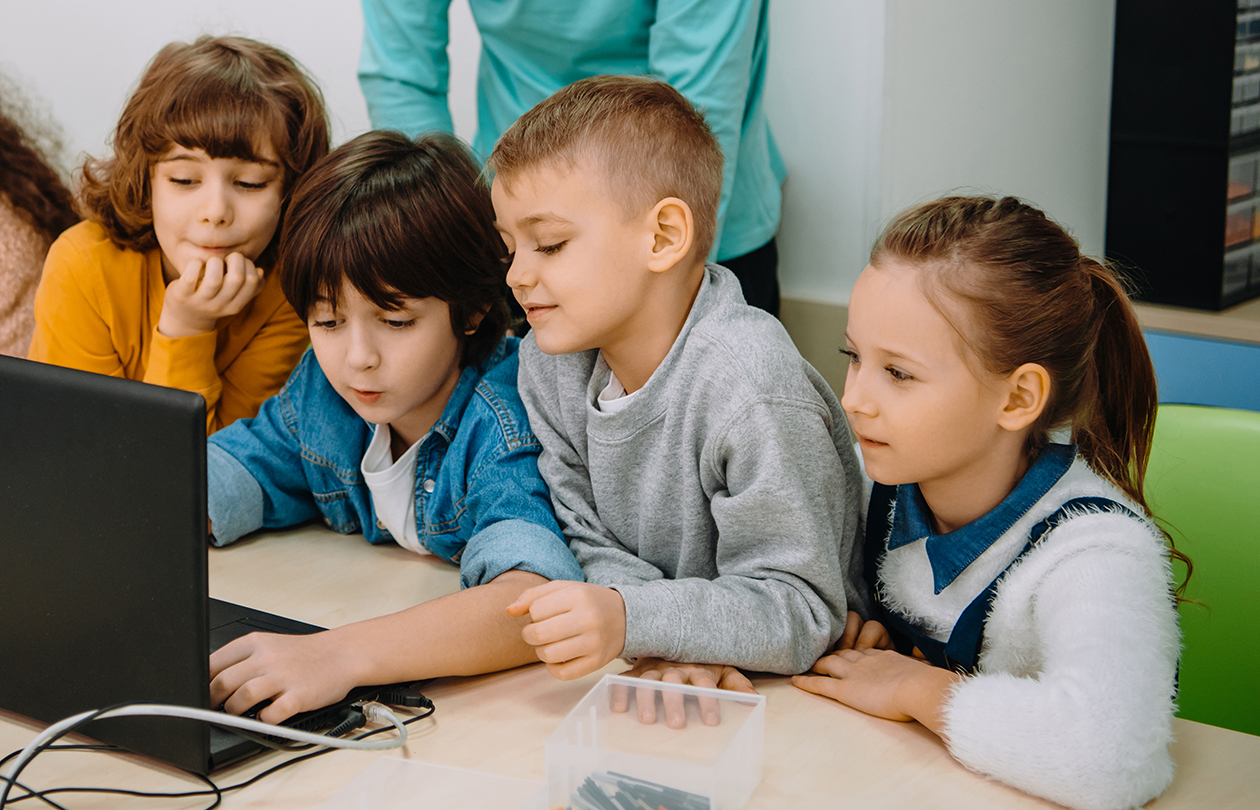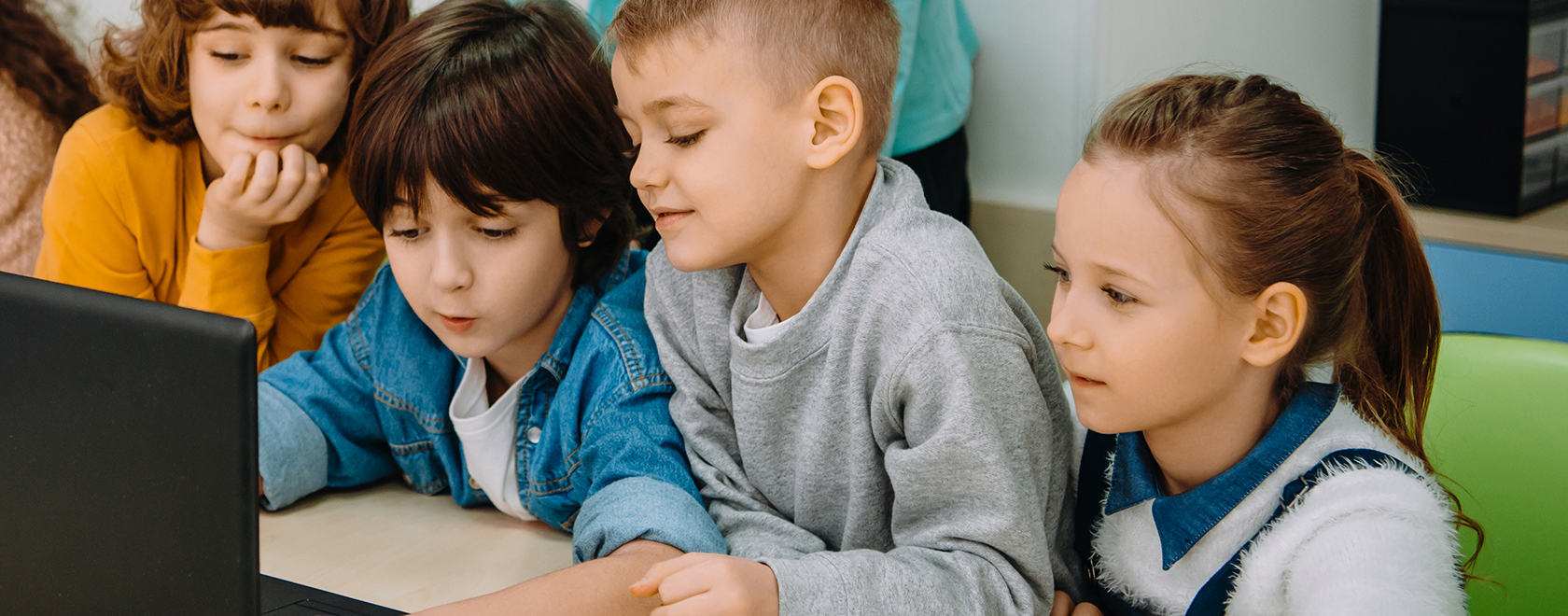Digitutkijat – supporting children's media literacy skills
Studies show that children and young people can spend as much as 30 to 40 hours a week using digital media. Their lack of media literacy, bullying, and harmful content cause problems, to which the Digitutkijat (digital researchers) project, launched and funded by The Finnish Cultural Foundation and carried out by The Mannerheim League for Child Welfare (MLL), is about to embark on finding solutions.


Support in regulating media use
The Digitutkijat project organises workshops for pupils in year 4 to strengthen their media literacy and digital welfare skills, including the ability to navigate digital media safely and responsibly, in a way that supports one’s own wellbeing as well as that of others. Cost-free to schools, the workshops aim to support schools and families in their media education efforts nationally. The workshops will begin in March.
“Navigating in a rapidly changing media environment, strengthening media literacy, and regulating screen time are fundamental civic skills of today. Digitutkijat aims to minimise the harmful effects of digitalisation and encourage using digital media in ways that improve wellbeing,” says Susanna Pettersson, the CEO of the Finnish Cultural Foundation. “Digitutkijat is based on the Minun kasvoni (my face) project conducted in the Häme region of Finland. We wanted to expand a topical project that’s been proven effective onto a national level.”
“Workshops that have been designed in line with the principles of the national curriculum provide schools with an opportunity to approach media education in a student-centred and inspiring manner,” adds Paula Aalto, the head of MLL’s school co-operation and digital youth work.
Inspiring workshops that get children involved
The workshops support children’s ability to read different kinds of media content and understand media environments whilst encouraging independent and critical thinking and providing tools for making choices that enhance wellbeing. MLL’s prefects join the workshops as mentors in support of younger pupils.
“Children spend time using digital devices and are interested in media use. In the workshops, the pupils – digital scientists – dive deeper and wonder, contemplate, and solve tasks and problems related to media use, without forgetting fun and play. The basis lies in the involvement of pupils and doing things together with others. MLL’s prefects help younger pupils and share their experiences in what constitutes balanced and safe media use,” Aalto notes.
“The Mannerheim League for Child Welfare is an expert organisation with wide-ranging networks and a long experience in this kind of work. We have collaborated previously, and MLL’s strong competence in the field of media education supports the success of the project,” says Pettersson.
The Digitutkijat project comprises, for example, engaging workshops for year 4 pupils as well as national online parent nights and webinars for professionals. The goal is to reach 75% of primary and comprehensive schools.
Digitutkijat (digital researchers) is a media education project carried out by the MLL and launched and funded by the Finnish Cultural Foundation aimed at supporting media education efforts by schools and families. The goal of the project is to strengthen children’s media literacy through involvement and inspiration, as studies show that the use of digital devices is connected to children’s wellbeing. Digitutkijat supports digital education, namely the ability to read and interpret different kinds of media texts and review the content critically and independently.


